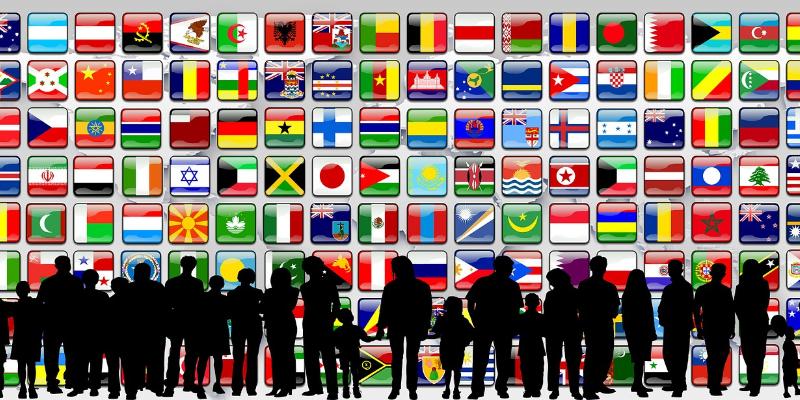The rules of providing medical treatment to foreigners in Poland largely depend on the patient’s country of origin and the purpose of their visit to Poland.
For example, individuals who need a visa to enter Poland should have different documents than those required from EU citizens.
UE/EFTA member state citizens
The UE/EFTA member state citizens should hold the European Health Insurance Card (EHIC). It entitles its holder to services necessary for medical purposes, so that patients don’t have to go back to their home countries to receive treatment.
This document is also used by Polish citizens abroad.
If the patient fails to produce the EHIC or a commercial insurance policy, the healthcare provider should immediately contact the relevant voivodeship branch of the National Health Fund to issue a Certificate for Temporary Substitution of the EHIC.
If the patient does not have the EHIC, the Certificate nor a policy, he or she may have to cover the costs of treatment in full.
What does the EHIC authorise?
In Poland, EHIC holders are entitled to medical services provided by general health care physicians. Physicians may also refer patients for tests, to specialists or to hospitals.
A referral is not required in case of sudden illness, accident, poisoning or threat to life.
The costs of medical services are settled by the National Health Fund.
The EHIC should also be presented in a pharmacy to make up a prescription.
If the patient is visiting Poland for planned treatment, a document providing consent to the treatment is also necessary. In this case, the list of medical services is agreed individually and limited to services provided in the official document issued by the state in which the patient is insured.
Non-UE/EFTA member state citizens
Third country nationals (also from the Russian Federation and Ukraine) should provide the healthcare provider with a document confirming that they are holders of a health policy valid in their country or a traveller’s medical policy.
If the foreigner does not hold such documents, he or she is obliged to cover the costs of treatment in full.
Citizens of states holding adequate mutual agreements or contracts with Poland (Albania, Bosnia and Herzegovina, Montenegro, the Russian Federation and Serbia), who do not have adequate documents may use medical services necessary in the event of sudden illness, or a threat to health or life.
The costs are covered by the Ministry of Health.
Foreigners seeking refugee status
In order to obtain social assistance and medical care, individuals seeking refugee status must visit the reception centre in Dębak or Biała Podlaska. After being referred to a place of stay, they receive an identification card which contains personal details, record number and the name of the centre to which the individual was referred or which is providing financial assistance. This is the foundation for the provision of health care.
Medical care is provided to both the residents of foreigner centres and individuals residing outside of them.
In exceptional cases, e.g. where a threat to life is involved, it is possible to grant medical care at the time of the refugee status application, before the foreigner registers in the reception centre.
The benefits cover the same scope of medical services as those provided to Polish citizens – except for spa treatment.
The medical care of foreigners seeking refugee status is coordinated by the Central Teaching Hospital of the Ministry of the Interior in Warsaw.









Comments (0)